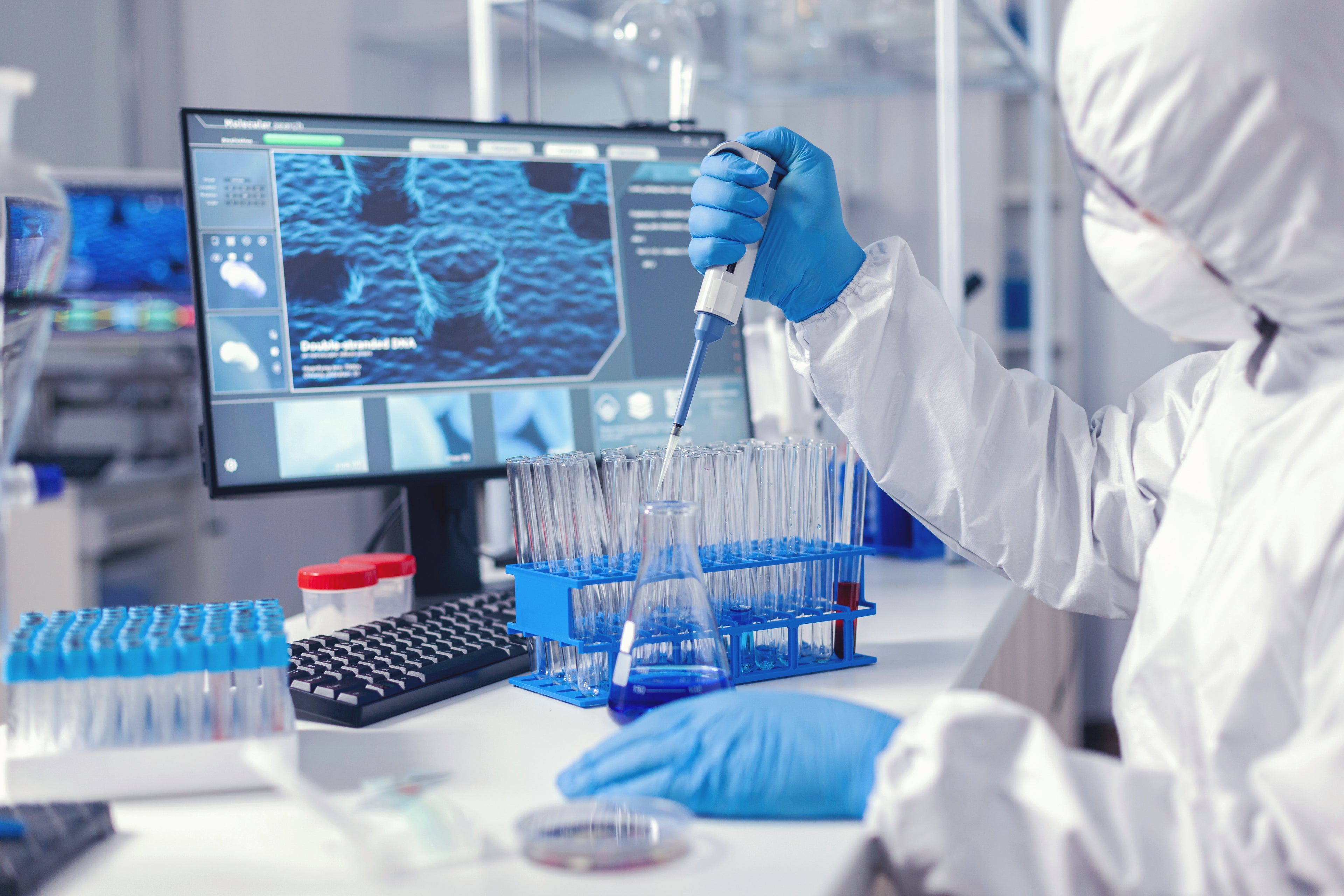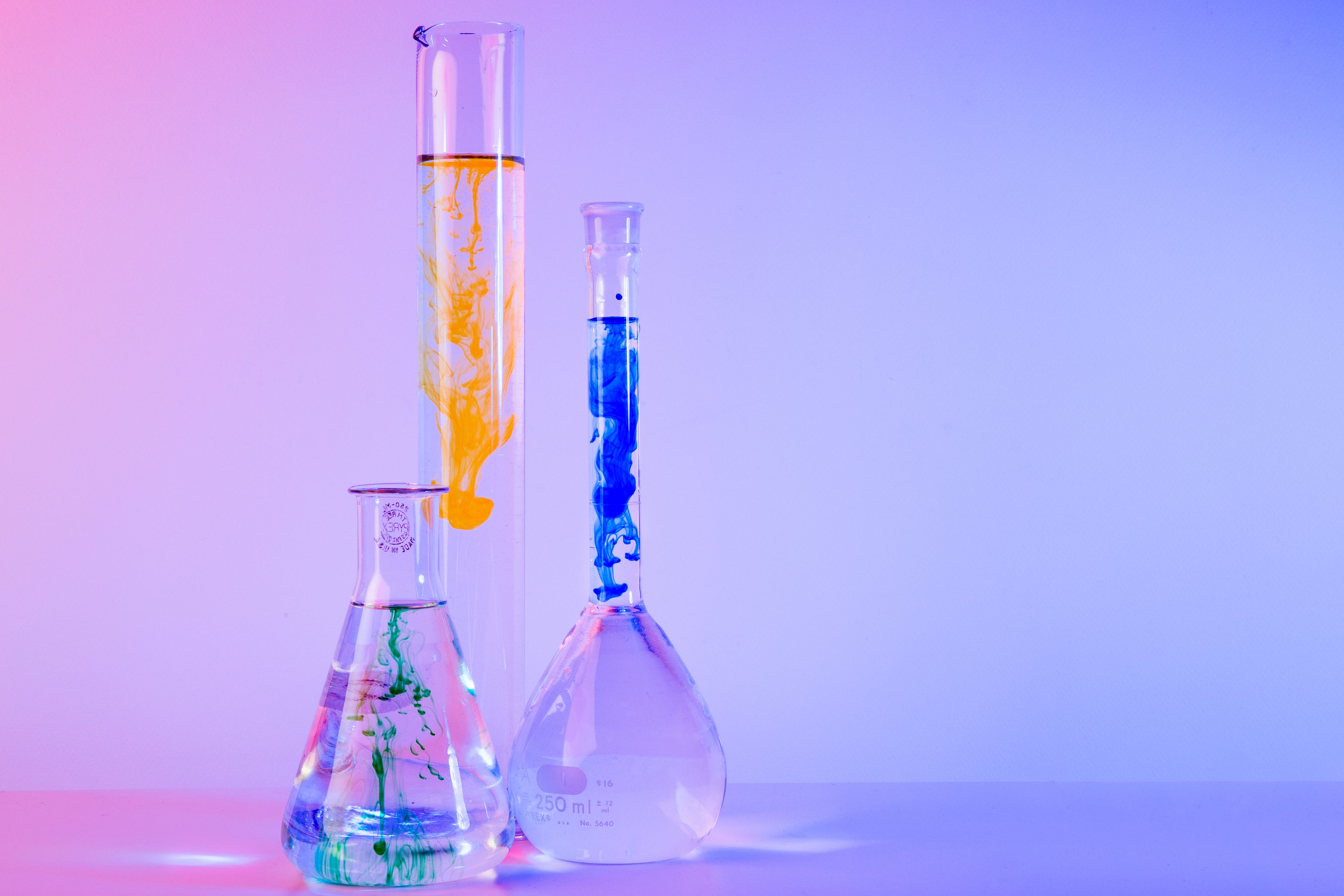Testosterone is the male hormone and is normally associated with males, but actually, it's a very important hormone for both genders. It influences mood, muscle strength, energy, libido, bone health and even immune function. Testosterone, a hormone that can decline with age or proceeding through life events, can be dropped too low causing fatigue, decreased immunity, less vigor — and more. One alternative for those that need to complement their testosterone are natural testosterone supplements, which targets to boost your levels in a smooth, non-prescripted approach.
In this article we are going to go through: what natural testosterone supplements are, the scientific backing they have, how could they help you with natural testosterone production, if they are safe to use, their potential side effects, and what does the science say about effectiveness. Today, we're going to find out answers for common questions like "Do testosterone supplements work?", "What supplements increase testosterone?", "Does testosterone pills have to be taken everyday?, and "What are the symptoms of low testosterone in women?"
What Are Natural Testosterone Supplements?
Natural testosterone supplement refers to non-prescription products — herbs, vitamins, minerals, etc. which supposedly obtain either of increased testosterone, preservation of normal testosterone levels, or attenuation of deleterious effects of low testosterone. Unlike testosterone replacement therapy (TRT) for men prescribed by physicians that delivers both synthetic and bioidentical testosterone in a prescribed, controlled environment.
Things that can be referred to as ''testosterone supplements'' are:
- OTC supplements (ashwagandha, eurycoma longifolia, tribulus terrestris, et cetera.)
- Hormonal precursors (like DHEA – dehydroepiandrosterone)
- Minerals and Vitamins (zinc, vitamin D, magnesium)
- Lifestyle supplements (proteins, healthy fats)
What Are the Potential Natural Testosterone Supplements Effects on Immunity, Energy, and Vitality?
Here are some of the ways testosterone (and accompaniment supplements) can better your immunity, energy, and vitality:
Immune Function
There are immune cells that help regulate testosterone mimicry. Higher levels of testosterone correlate with lower immune function. Natural compound supplements that promote testosterone may benefit immune systems proper, inflammation, and recovery from illness or stress.
Energy and Vitality
Tiredness, low sex drive and reduced physical performance are usually caused by decreased testosterone. A surge in testosterone (or scales that are optimized) can reverse currency on energy, elevate mood, increase muscle and endurance strength — and nurture a general sense of well-being.
Lower Overall Vitality
This includes castration-level sex drive (libido), mood, muscle mass and strength, bone mass, and metabolic health (how your body deals with weight, fat, and blood sugar). While natural testosterone supplements can help with this (provided testosterone increases and other health factors are okay: sleep, nutrition, stress, etc),
The Science Says: Testosterone Supplements Explained
There is some science supporting certain natural testosterone supplements (though usually low/mixed quality of using best natural testosterone boosters . Separating good evidence from marketing hype is a must.
- Ashwagandha — Some randomized controlled trials indicate that certain standardized extracts of ashwagandha may have a small testosterone-boosting effect in men. In one trial of ashwagandha (21 mg of withanolide glycosides per day for 8 weeks) with relatively mild fatigue in blood test samples (men aged 40–70), testosterone increased by about 14.7% in testosterone as well as DHEA range range, compared to placebo, of reductions connoting worst sex in men with syphilitic (Eur), (characteristic 8–9).
- DHEA or Dehydroepiandrosterone: A precursor of a natural hormone which inevitably turns into testosterone and estrogen. Meta‑analyses in postmenopausally supplemented women confirm that daily DHEA supplementation of at least 50 mg or more leads to significant testosterone elevation, but also estradiol (an estrogen). The same was true for older women, with increases also demonstrated in that group.
Other dietary supplements (e.g. vitamins, minerals, herbs): Mixed results. Some are beneficial in specific situations (zinc or vitamin D deficiency for example), others show little or no reaction. Most trials are small, short, or poorly controlled.
In brief: Some natural testosterone supplements do provide a modest impact, particularly against deficiency or additional medical stressor. But they are not magic pills and they are not bulletproof and things do not happen like clockwork.
Risks, Limitations, and Safety Considerations
However, there are important caveats to the "safe-sound" of natural testosterone supplements:
- Regulatory issues: With the exception of prescription medication, dietary supplements are not as consistently regulated as they could be. Which means that the labels have lied. Caters can be excessive, or are infected in minuscule doses sometimes
- Possible side effects: Side‑effects are supp-dependent:gut upset (nausea, diarrhea); hormonal disturbance (excess testosterone or estradiol); acne; oily complexion; hair loss; mood changes Warning: Several minerals or vitamins (e.g. zinc, vitamin D) is toxic at high doses.
- Many studies are short (weeks to months) so long‑term safety is often unknown. We don't have any massive longterm studies to tell us what a few years of natural testosterone replacement might lead to.
- Cautious with: interactions with health conditions or drugs: hormone-sensitive (e.g. prostate bother, some diseases), liver illness, metabolic issues Always see a healthcare provider.
Testosterone supplement pills can be consumed on a daily basis
You could argue that natural testosterone supplements would be fine to take on a daily basis—but with caveats:
It is useful to take such supplementation every day (under control) if you are in a state of deficiency(vitamins D, zinc, etc.). Like research into herbal or hormone precursor type supplements (DHEA, etc.), these can also be taken daily (the studies on these are typically for short periods [weeks->few mos.]) but not indefinitely without testing.
It is worth respecting dose-instructions, not exceeding safe upper limits, and also getting checked regularly (blood tests, monitoring side-effects). Natural should not be confused to mean without risk, it can still affect you if you consume powerful herbs or hormones on a daily basis.
Symptoms of Low Testosterone in Women
Women produce testosterone (but in smaller amounts) and can become testosterone deficient. Symptoms can be hidden, but a couple of typical ones are:
- A decrease in sexual desire (low libido) or sexual dysfunctions (difficulty having an orgasm, decreased sexual desire)
- Not feeling rested, low energy, fatigue even when you get enough sleep
- Reduced muscle strength or loss of muscle tone
- Increased in the midsection and the formation adiposity
- Mood swings: depression, irritability, anxiety
- Irregular or other menstrual disturbances
- Skin dry, hair thin or strength reduction
- Loss of bone density (increased risk of osteoporosis especially after menopause)
If some of these exist, each is worth mentioning to a doctor—blood work can determine testosterone (free and total) and other hormones to provide a clearer picture.
Practical Advice When You Want a Natural Testosterone Supplement
Here are some tips for using a natural testosterone supplement more safely and effectively if you're considering it:
Get baseline measurements. Be aware of testosterone (total and free) and hopefully other hormones, as well as general health metrics. Fix deficiencies first. When testing shows low levels of vitamin D, zinc, or other basic nutrients, it is often best to address these gaps first, without more potent supplements.
Lifestyle is the biggest contributor. Supplements are worthless without proper sleep, high stress, bad diet, or no exercise even the best supplements.
- Sleep 7‑9 hours at night.
- Do strength or resistance exercises.
- Keep healthy body weight.
- Eating minimal whole foods, protein, fats
- Minimize chronic stress.
Select high‑quality products. Go for those that are third‑party certified and have ingredient labels that read like a human not an animal or a test‑tube written them. Start slow, record. Don't believe more is better. Monitor your mood, adverse effects, and probably repeat testosterone checking once a few weeks. Watch out for long‑term use. Most research is brief. For long-term use (months to years), make sure you (and your provider) are checking for possible downsides (such as hormonal status and liver function, interactions, etc.). which
Conclusion
These are useful improvements to immunity, energy, and vigor. AI is not a sure thing, at least when supplements. In cases of low testosterone (and some nutrients deficiencies), some of the supplements (ashwagandha, DHEA, zinc, etc.) can sport a healthy increase. However, effects are usually mild, variable between individuals, and under safety and quality concerns.
Before commencing any supplement regime, it is better to speak to a healthcare provider, to receive optimal measurements and making sure you are covering the basics (sleep, diet, and exercise). Natural testosterone supplements can be one piece of the puzzle if used in the right way.






0 comments